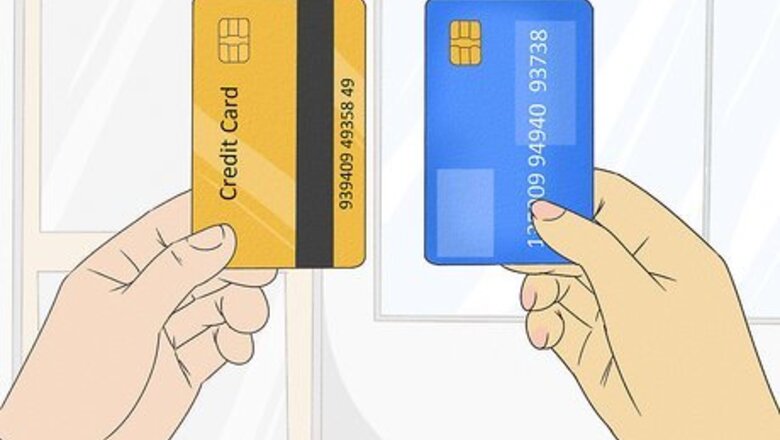
views
What does going Dutch mean?
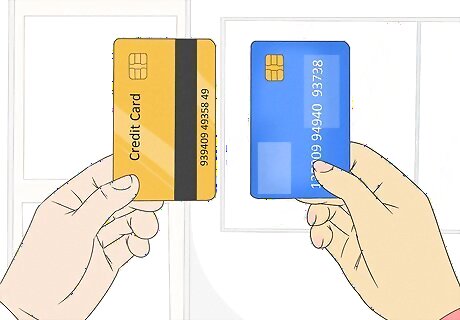
Going Dutch means paying your own way. The strictest definition of "going Dutch" is that you pay for what you order or consume on the date. So if you and your date go to a restaurant, you would each pay for whatever you ate. Shared an appetizer? You'd split that item down the middle. Likewise, if you go to a movie, you'd each buy your own tickets and concessions. This allows each of you to order whatever you want without having to worry about being out of the other person's price range.

The phrase started as a slight against Dutch people long ago. Back in the 1600s, the English people thought the Dutch were too stingy and capitalistic for their own good. So stingy, in fact, that they made women pay for their own dinners on dates! The phrase has stood the test of time, but these days there's no cultural meaning behind it. Today, most people consider going Dutch on a date to be a sign of respect and equality. However, more traditional views are still popular, especially in heterosexual dating.
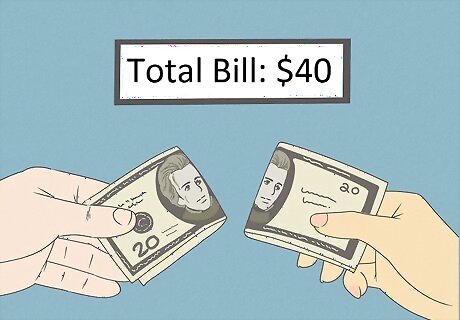
Splitting the bill down the middle is also considered going Dutch. If you both ordered similarly priced entrées and split an appetizer or dessert, simply paying half makes sense. But at the same time, if one of you ordered something significantly less expensive than the other person, paying 50/50 can cause resentment. Sure, if the bill is only $40, it's fine for each of you to throw in $20 and call it a day. But what if one of you only nibbled on a small appetizer and drank water while the other person ate steak with a glass of wine? Assuming you agreed to split the bill ahead of time, someone who orders a less expensive option is probably considering their own budget. It doesn't make sense to essentially force them to spend more.
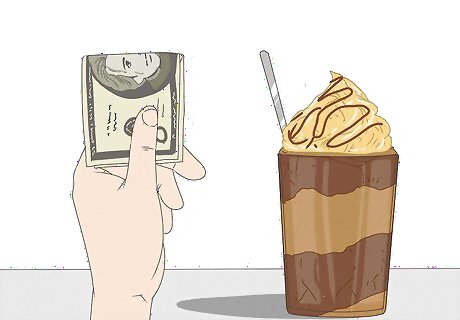
You could also agree to pay for specific things. This method works best if one person insists on picking up the tab. Sometimes, your date might be so insistent on paying for the whole date that it gets awkward. Offering to pay for at least a portion can help satisfy your need to keep things equal. For example, if your date refuses to split the bill, you might say, "Well, that's fine, but at least let me pay for the dessert! You only had one small bite of it." The most common split here is for one of you to pay for the food while the other pays for drinks. If you spent several hours at a bar or restaurant, this can be a good compromise.
Why to Go Dutch on a Date

It means you don't have to worry about who's paying. When you agree to each pay your own way, you always know basically how much the date is going to cost you. There's no worry about the expense to cloud your mind and take away from the experience. If you've just started dating someone, it can be uncomfortable sharing details about your personal finances. Splitting the bill means your finances stay private. Sharing costs also means you'll be able to go out more often. It gets pretty expensive if one person foots the bill every time. Going dutch makes every situation fair and comfortable. Whether you're having a gourmet meal or Chinese takeout, you're only responsible for your half.

It eliminates unspoken expectations. Often, the person who pays assumes they're entitled to something from you. This assumption is most common with heterosexual dating when the man pays, but it can rear its ugly head regardless of the gender of you and your date. Even if the person who pays doesn't feel this way, you might think they do—that can lead to you feeling pressured to become intimate or go further with them than you want to. The other side of this is that if one person picks up the tab, you may assume they'll also pay next time you go out—or they'll think you expect them to, even if you don't. Setting a pattern of going Dutch ensures that neither of you is making any assumptions.

You won't feel guilty if there's not a second date. It's common to feel guilty if the other person picked up the tab and you didn't have a good time or have no interest in seeing them again. If you go Dutch, you can at least guarantee that they didn't pay any more than they would have if they'd gone out alone. If you make more casual plans, it's possible the person you're with doesn't even realize you were considering the outing a date. Going Dutch makes this situation a lot less awkward.
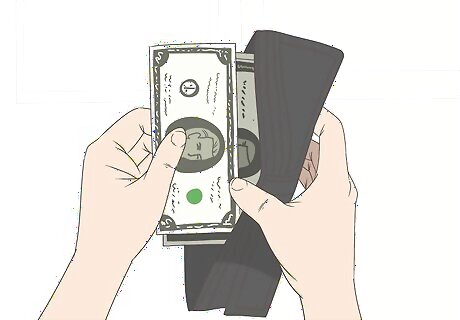
Paying your own way levels the playing field. When one person consistently pays, it can establish a more hierarchical relationship in which they see themselves as the one who provides and cares for the other. But when you go Dutch, no one person has that power over the other. Someone who consistently pays may believe they have the right to choose where you go and what you do on dates—after all, it's their money, right? When you pay your own way, you assert your independence from the other person.

You set a standard of being open and honest about finances. It's common to avoid talking about money. You might think it's simply none of your business, especially at the beginning of a relationship. But not being open and honest about finances can cause more serious problems as your relationship progresses. Paying your own way on dates allows you each to have a better understanding of each other's financial situation from the outset. Here you can take a cue from the Dutch themselves, in whom directness is culturally ingrained. The Dutch would think nothing of discussing finances openly, so if you're truly "going Dutch," you shouldn't be worried about this either.
Bringing Up Going Dutch

Ask about going Dutch before you go out. As soon as the idea of the two of you going out together is brought up, immediately let them know that you want to go Dutch. If they press you on it, simply say that you feel more comfortable that way. This way, nobody is put on the spot. If you already know what's going to happen, you don't have to worry about it. You might say, "I'd be happy to go to dinner with you, but I'd prefer if we go Dutch. I hope that won't be a problem." If they insist on paying, you can say, "I appreciate it, but I'm more comfortable paying my own way this time. We can discuss other arrangements in the future."
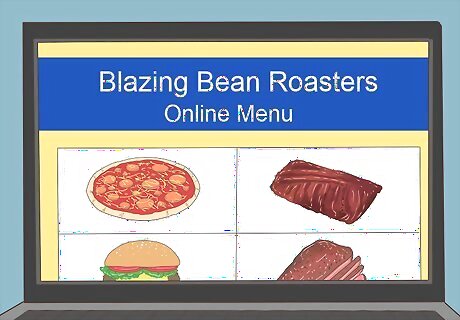
Decide jointly where to go and what to do. This ensures you're going someplace that both of you can afford. You don't necessarily have to pry into the other person's finances to do this—just give them a few alternatives. If they're the one asking you out and the spot they've picked is a bit pricey for your taste, suggest somewhere else. Choose restaurants that publish their menus online so you can both check the place out before you go. You might say, "I know Virago has a great reputation, but I'm not really feeling like sushi tonight. Could we meet up at Sixty Vines instead?" If you're suggesting places, name 2 or 3 spots in roughly the same part of town. In a larger city, you might want to agree on the neighborhood first, since those also vary in price. Then narrow down your selection from there.

Mention going Dutch again at the start of the date. This avoids the awkward moment when the bill arrives. Once you've both arrived at the scene of the date, check in with your companion to ensure that your agreement still holds. Bringing it up again lets them know that you weren't just saying that you wanted to go Dutch—you actually meant it. You might say, "We're paying separately, right? Just want to make sure we're still on the same page about that." If you're at a restaurant, let the server know as soon as you're seated. Say, "This will be on separate checks." That way there's never any opportunity for disagreement or awkwardness.
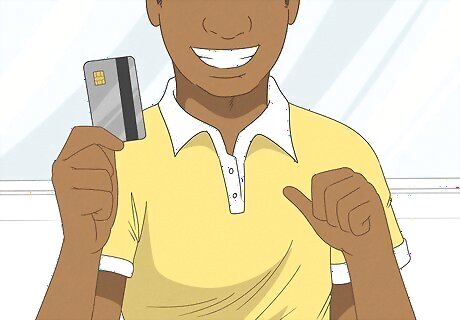
Let your date pay if they insist. All things considered, this isn't worth getting into a fight over—especially on your first date! Some people genuinely want to pay and might be offended if you keep pushing the issue. Instead, just express your gratitude and drop the matter. For example, you might say, "Thank you so much, that's so nice of you." You could add, "But you have to let me pick up the tab on our next date—I insist."











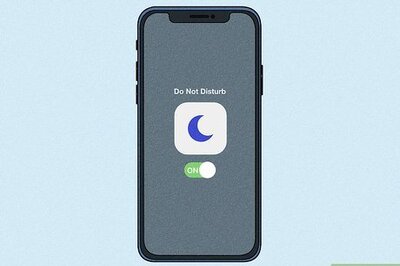


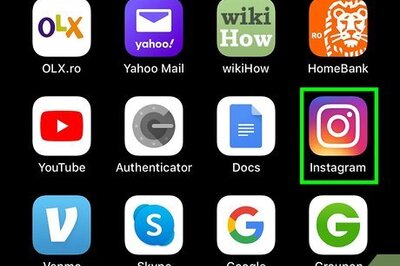

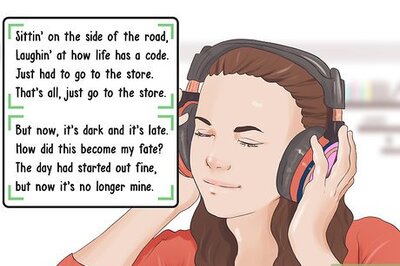



Comments
0 comment